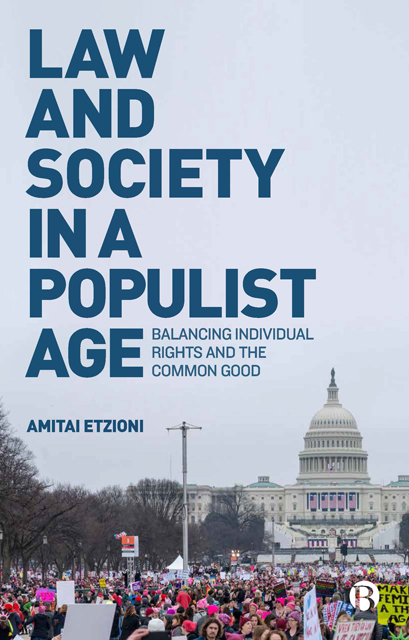two - The privatization of force
Published online by Cambridge University Press: 21 April 2023
Summary
The U.S. Constitution and much of statutory law seek to protect individuals from intrusions by the government. It is the government’s coercive power that must be constrained. In contrast, private agents are assumed by most Americans to engage in voluntary transactions, transactions that are mutually beneficial as to the various parties and that serve the common good.Thus, major segments of Western political and social philosophy, public disclosure, and policy making hold the private sector to be basically the realm of freedom—and the government as the power that needs to be checked and reined in. However, this chapter presents considerable evidence that in at least three major areas, the restraints on governmental power are circumvented on a very large scale by private agents carrying out—for the government—activities that government is banned from undertaking. These areas concern surveillance, policing, and military interventions overseas. The question hence arises: what suggested remedies can correct this major challenge to the basic conception that underlies the Constitution and the rule of law? After reviewing several remedies, this chapter asks whether a more profound reconceptualization is called for.
Privacy merchants
The right to privacy, like other rights, is first and foremost a right “against” the government. It protects Americans from undue intrusions by the state.The first right to federal privacy was formulated in the mid-1960s. This right limited the power of the government to interfere in the reproductive choices of couples and women(i.e., decisional privacy). Several laws have further limited the information the government may collect. Particularly important among these is the Privacy Act of 1974, which restricts government agencies, including the Internal Revenue Service (IRS) and Social Security Administration, from sharing with third parties the personal information they collect on individuals without their consent.
The Fourth Amendment also provides a major source of privacy for individuals against government surveillance. This amendment affirms “[t]he right of the people to be secure in their persons, houses, papers, and effects, against unreasonable searches and seizures,” as well as the requirement of “probable cause” for a search warrant to be issued.
- Type
- Chapter
- Information
- Law and Society in a Populist AgeBalancing Individual Rights and the Common Good, pp. 27 - 48Publisher: Bristol University PressPrint publication year: 2018



